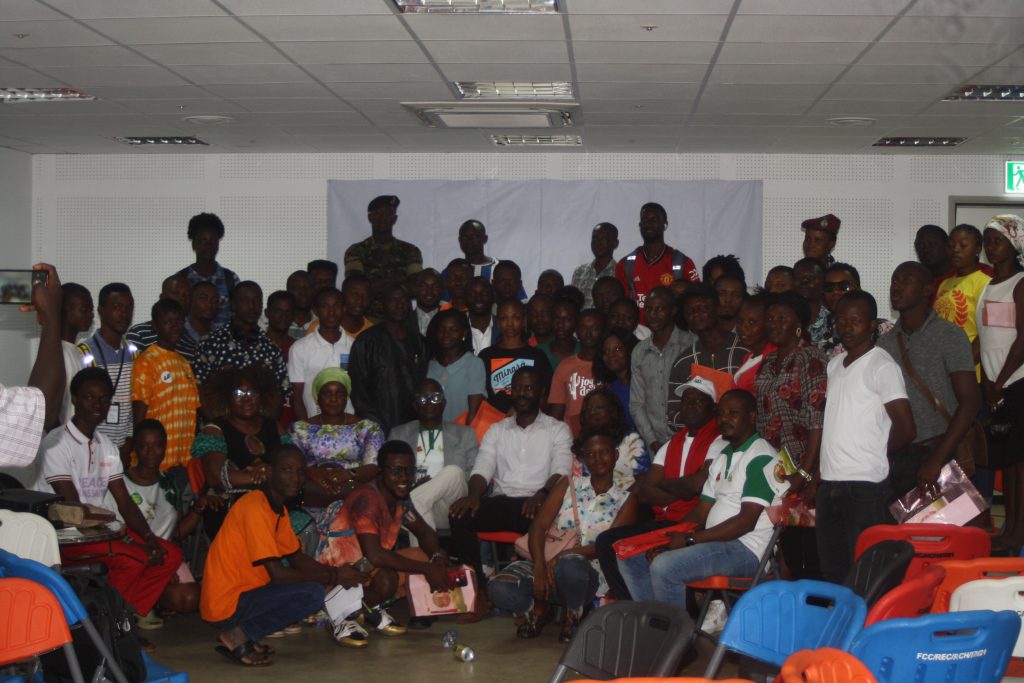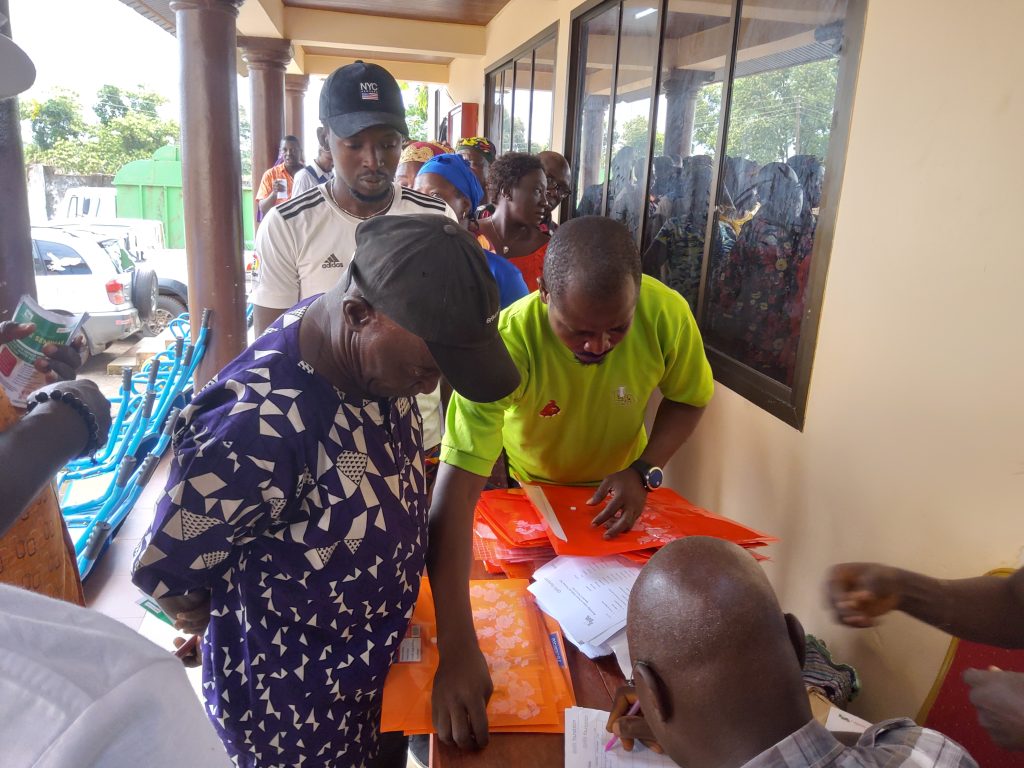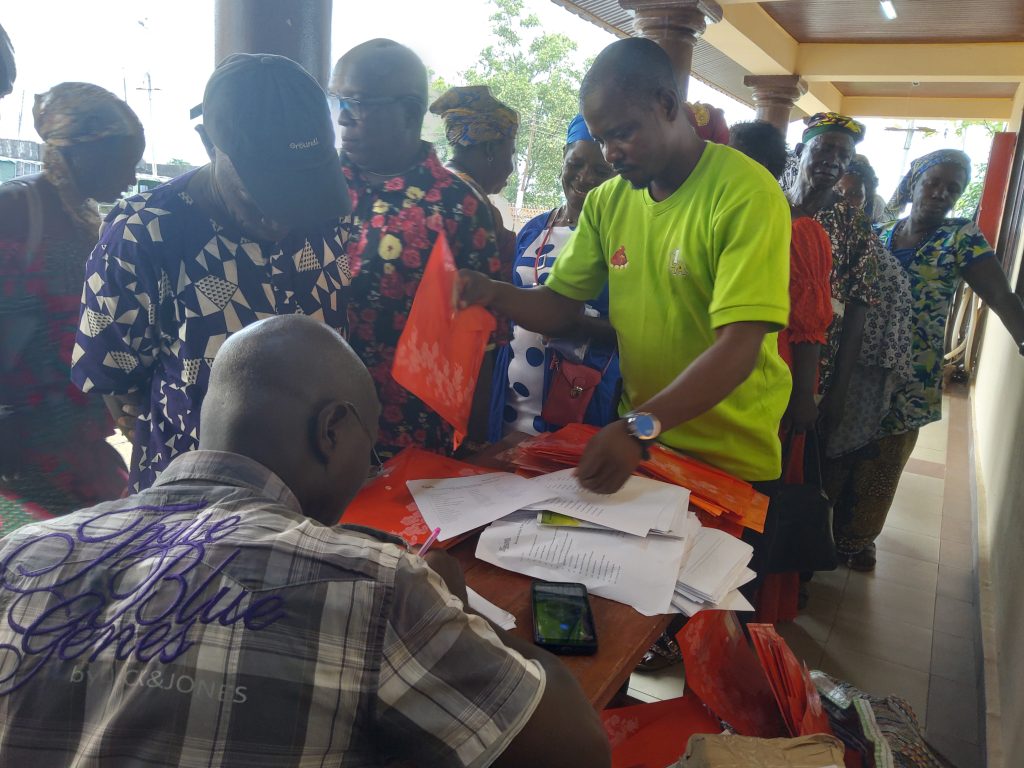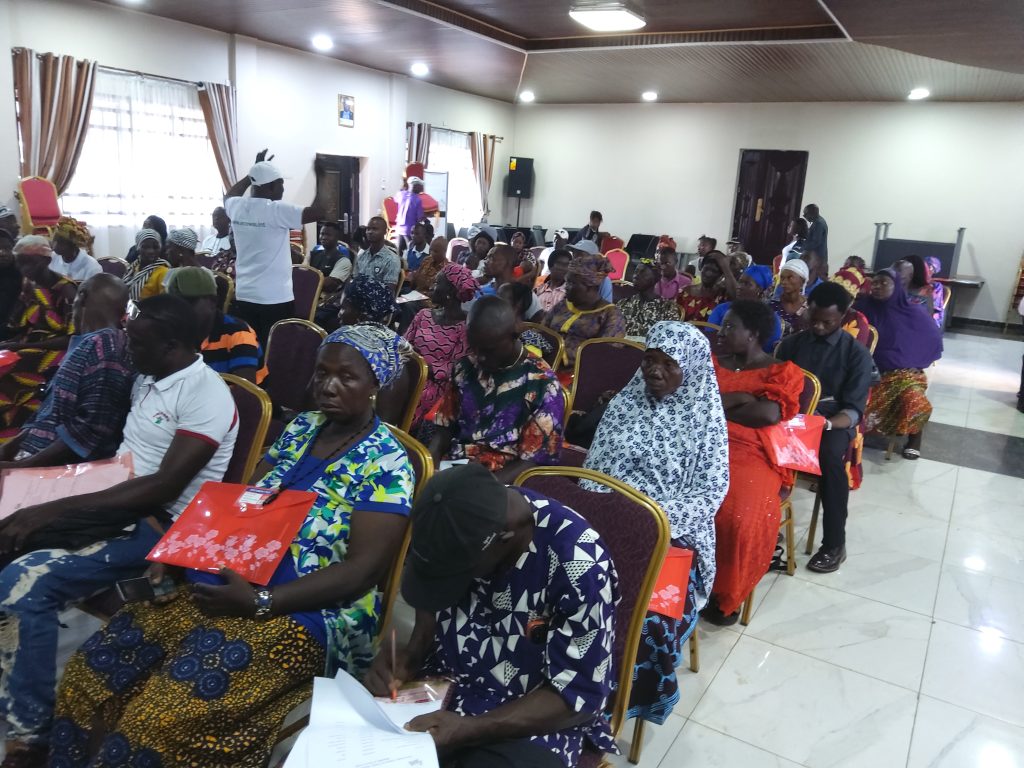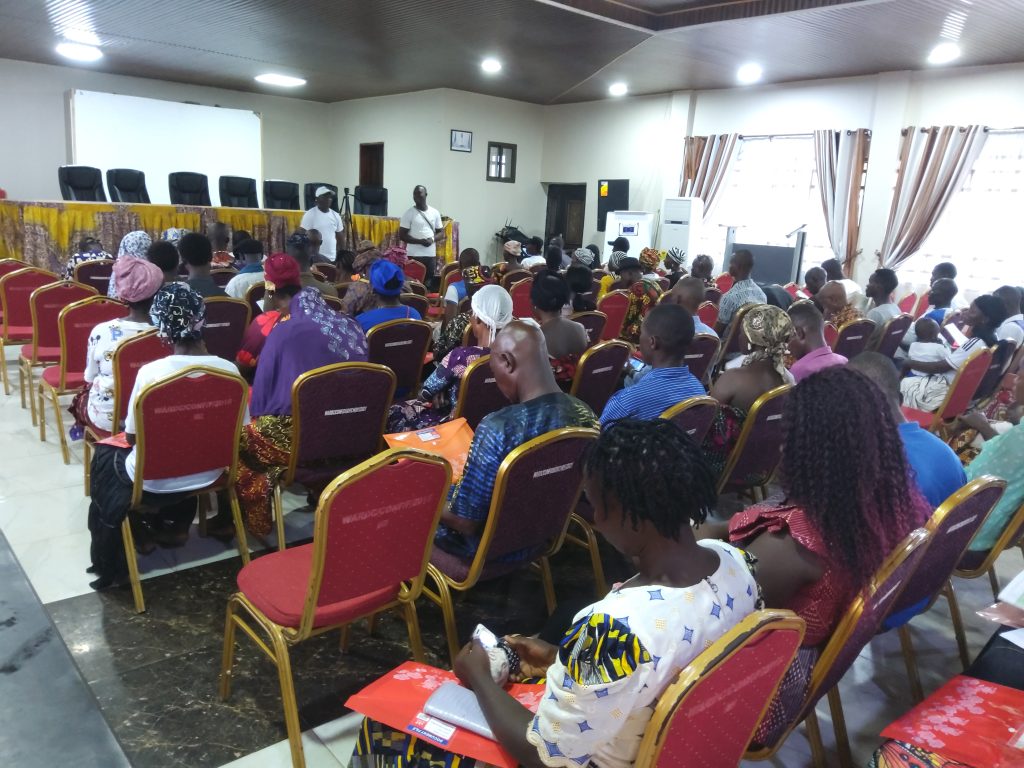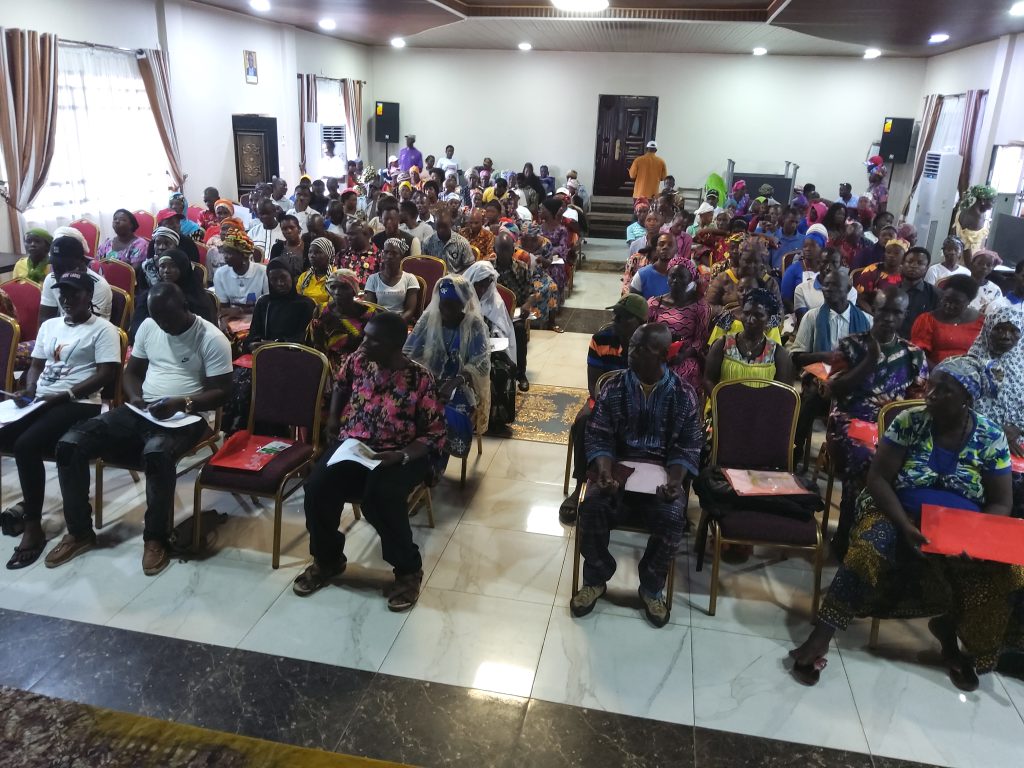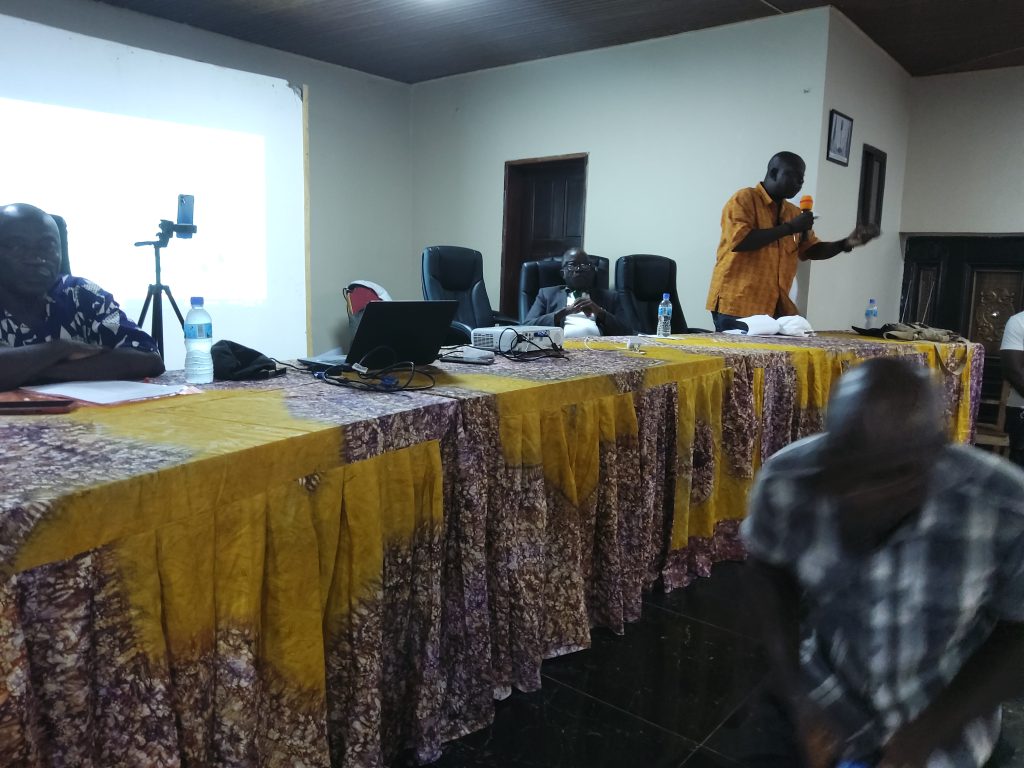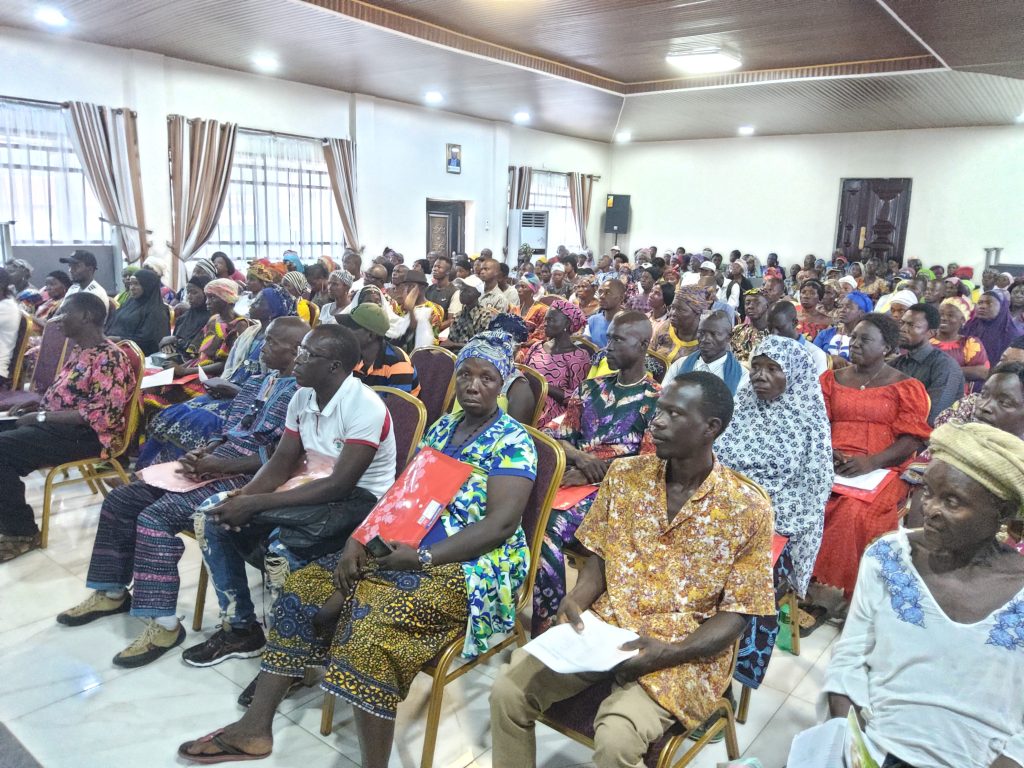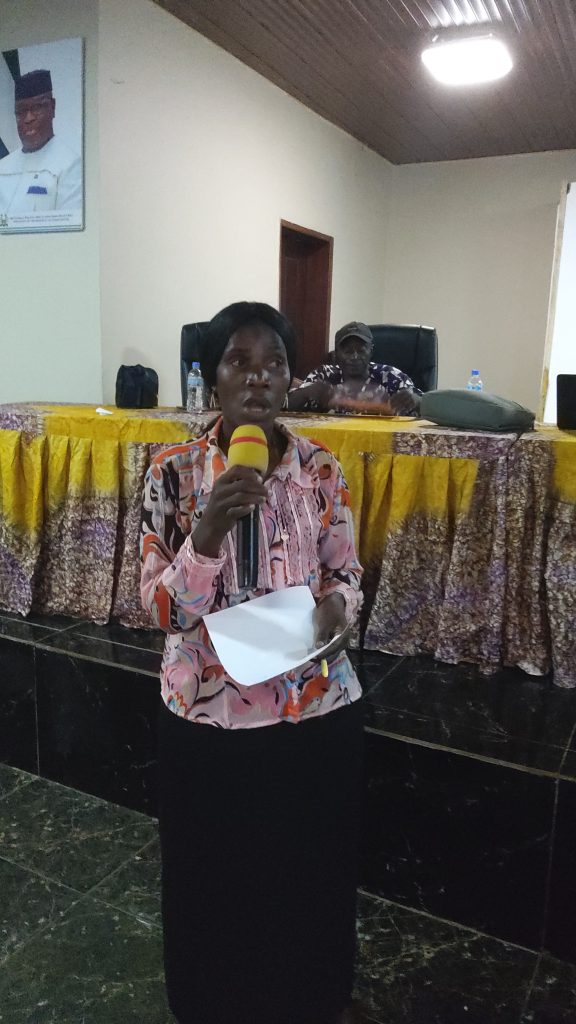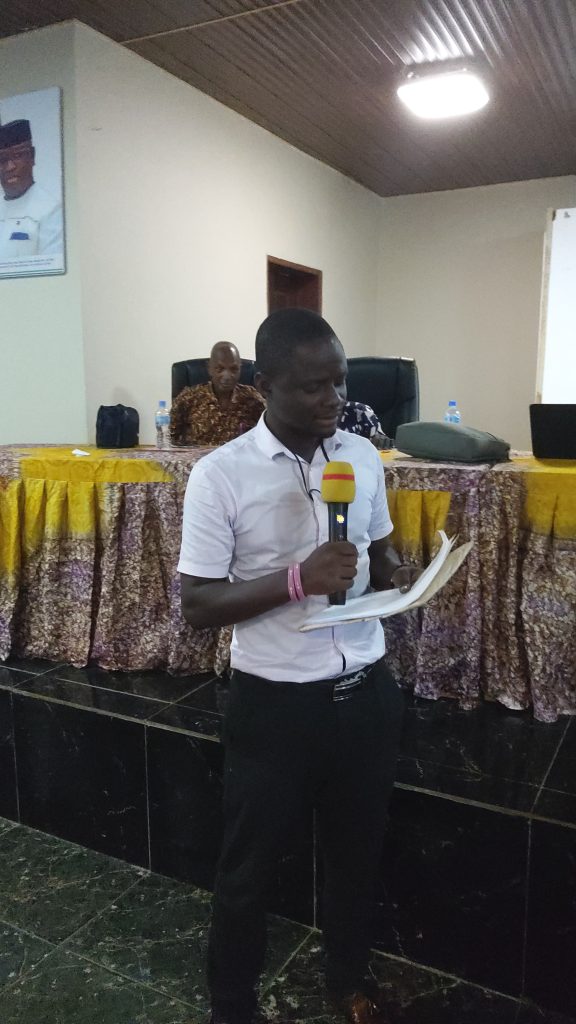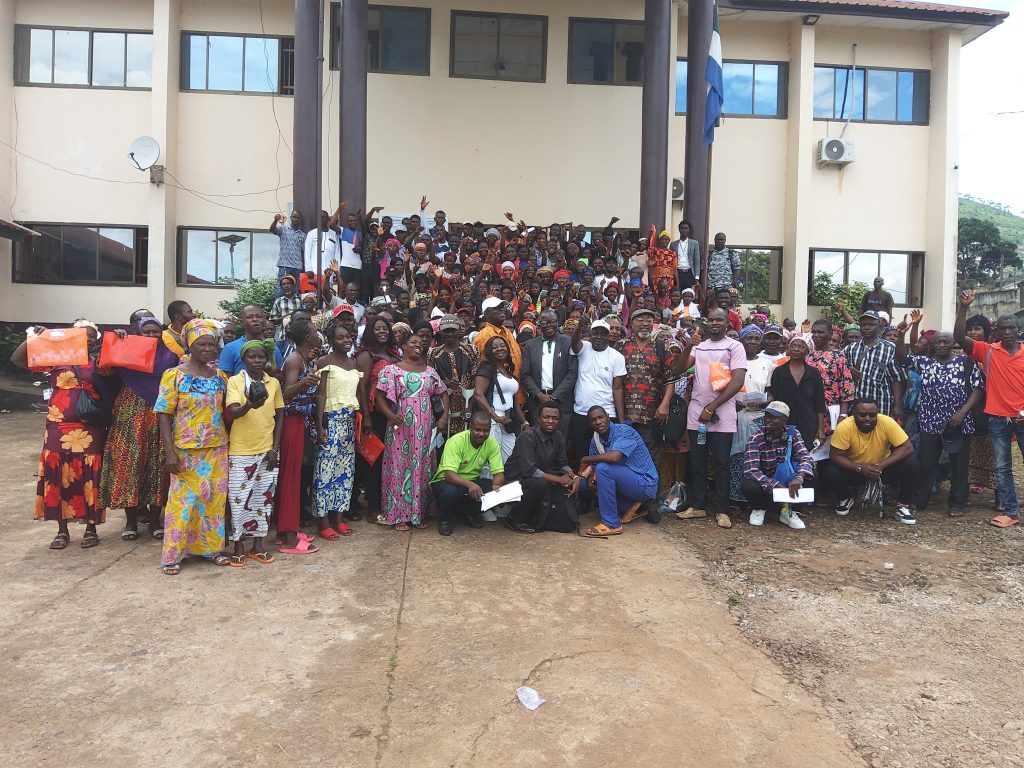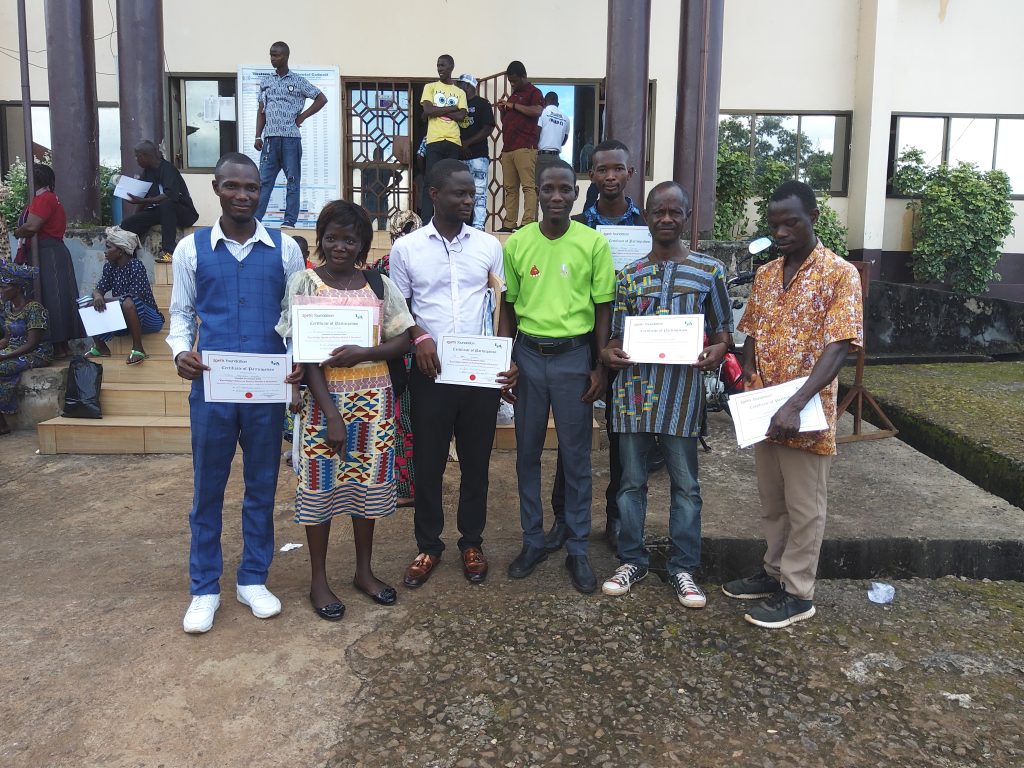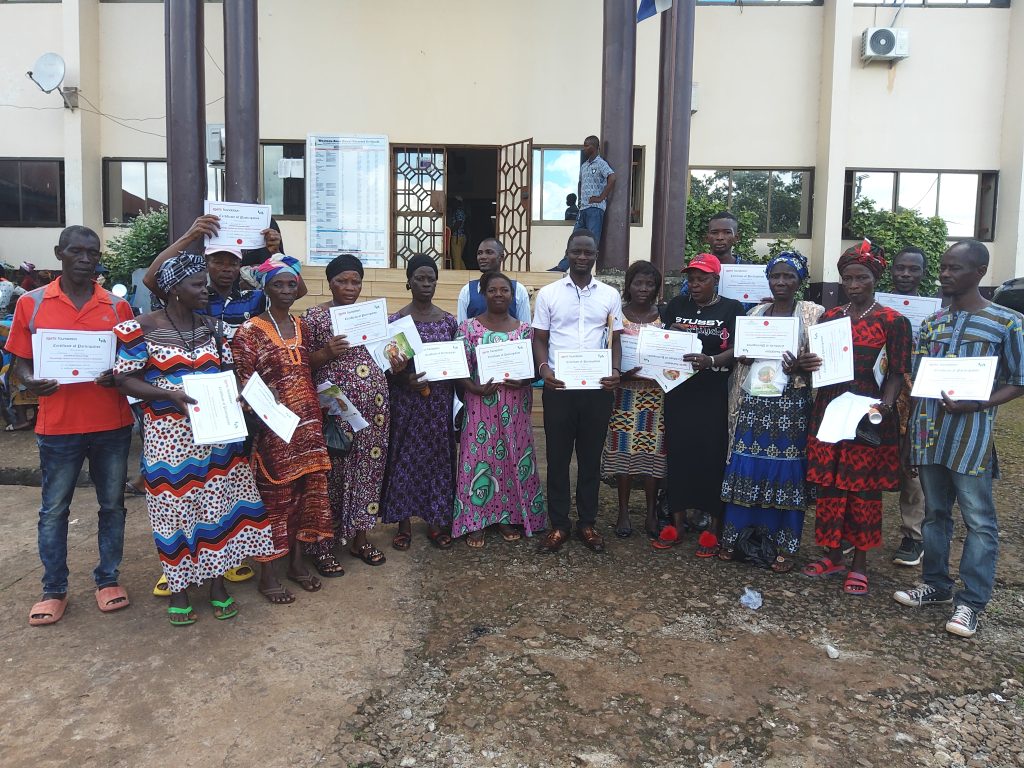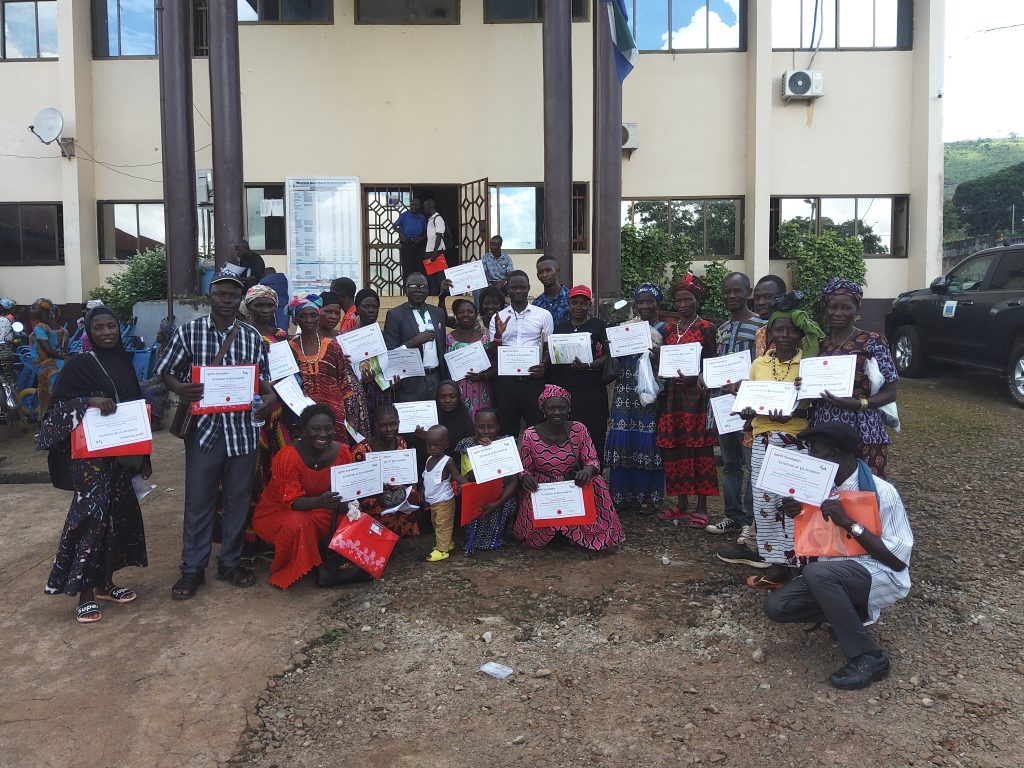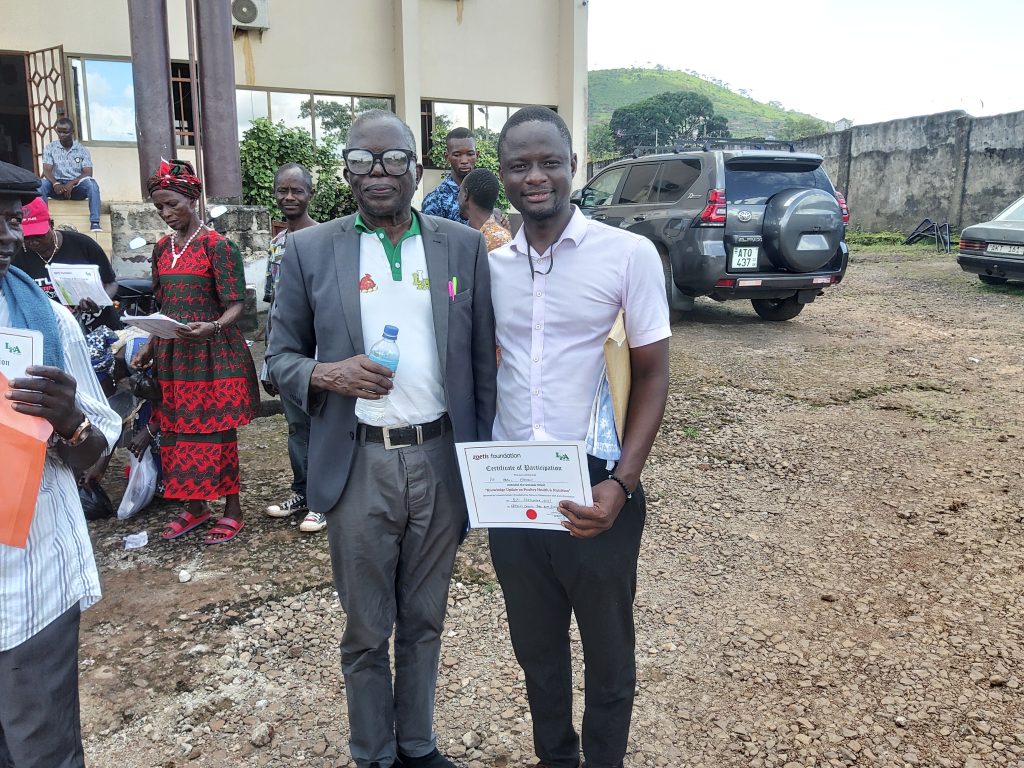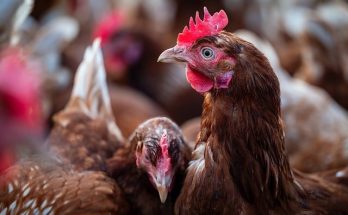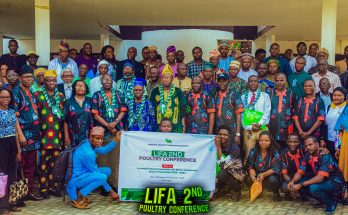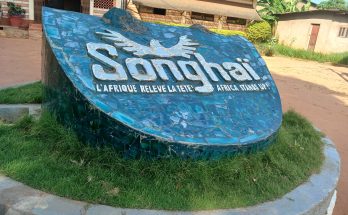The Poultry Health and Nutrition training, known as the Knowledge Update program, took place in Sierra Leone across two venues Freetown and Waterloo on September 19th and 21st, 2023. These sessions were hosted at the Freetown City Council City Hall and Frandy Hall. Supported by the Zoetis Foundation, this initiative was purposefully crafted to promote the continual advancement and resilience of livestock livelihoods in Sub-Saharan Africa. Its primary goal was to empower participants with essential expertise and abilities vital for the optimal health of poultry, ultimately driving sustained progress within the regional livestock sector.
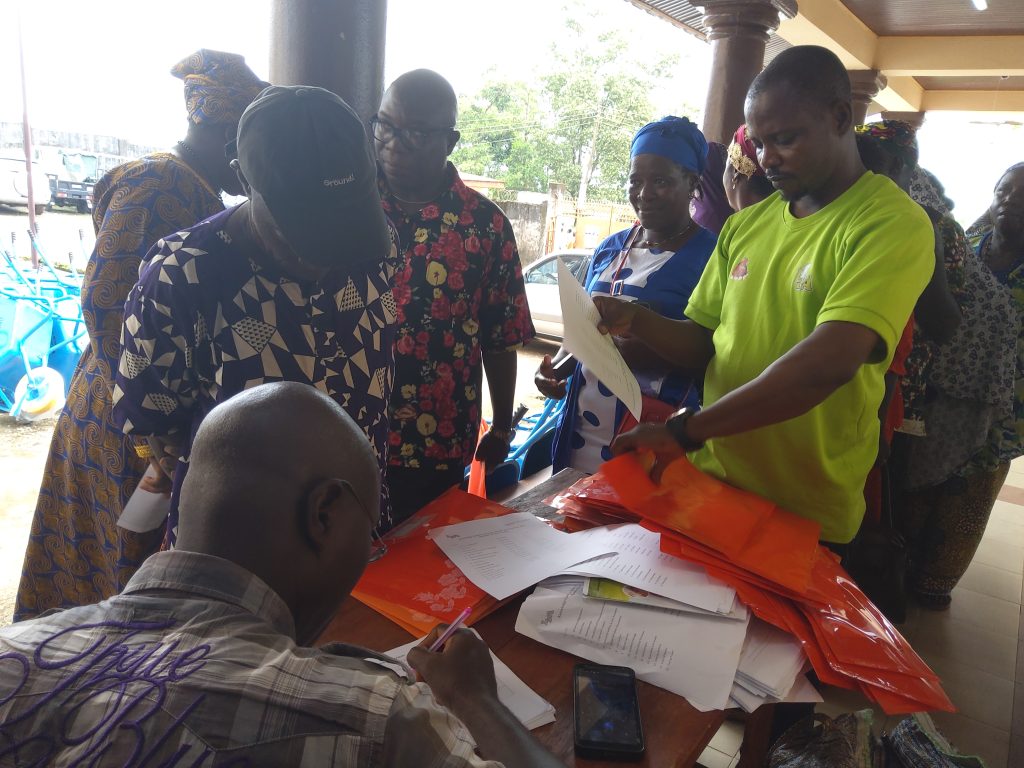
In a remarkable display of commitment to knowledge dissemination and industry growth, the training program organized by the Livestock Industry Foundation for Africa (LIFA) in Sierra Leone witnessed an impressive turnout, attracting 489 participants eager to enhance their expertise. The event went beyond geographical constraints, leveraging technology to live-stream sessions on the LIFA Facebook page, thereby reaching a wider audience and ensuring maximum accessibility. The training program received an added layer of prestige with the distinguished presence of key figures in the livestock sector. The Honourable Minister of Agriculture, the Director of Livestock, Dr. Leno, the poultry chairman, Mr. Francis, and LIFA’s President, Dr. Stephen Adejoro, graced the occasion with their invaluable insights and leadership. Their participation elevated the discussions, providing participants with a unique opportunity to learn from the best in the field.
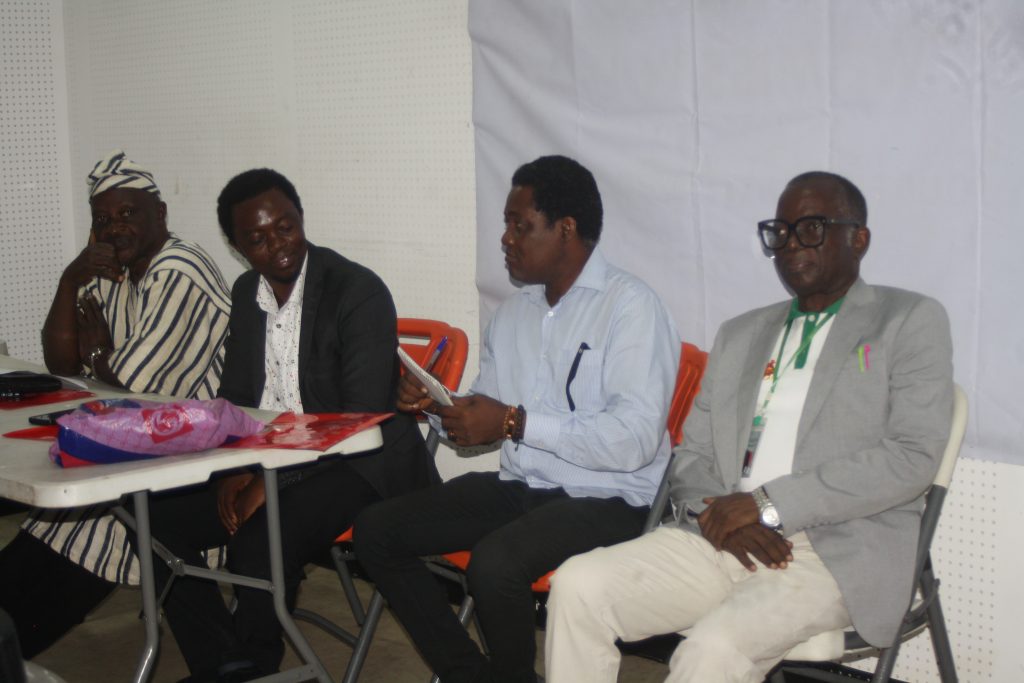
A closer look at the participant demographics revealed a rich tapestry of backgrounds and professions. Veterinarians accounted for 7.9%, esteemed animal scientists represented 4.7%, while the backbone of the industry, poultry farmers, made up an impressive 49.7%. Another 37.6% hailed from diverse sectors within the livestock industry, creating a melting pot of perspectives. The deliberate inclusion of varied backgrounds ensured a comprehensive exchange of insights and experiences, enriching the learning environment. An admirable aspect of the training program was the commitment to gender equality. The participant composition reflected a balanced representation, with 51.3% male participants and 48.7% female participants. This deliberate effort to maintain gender equilibrium not only contributed to a more inclusive learning environment but also emphasized the commitment to diversity within the livestock sector. The success of the training program, marked by its impressive turnout, distinguished speakers, and diverse participant base, showcases the dedication of LIFA to advancing the livestock industry. The inclusive and accessible nature of the event sets a positive precedent for future initiatives, highlighting the importance of collaborative efforts in fostering growth and knowledge exchange within the livestock community.
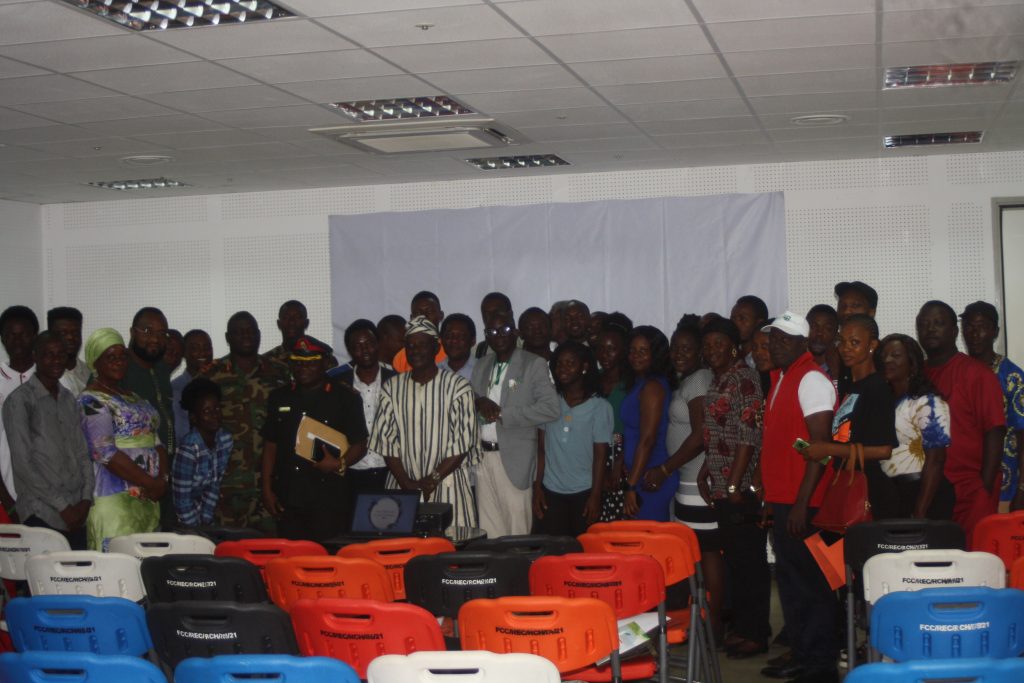
Lecture Delivered
Effect of Climate Change on Livestock Health and Nutrition: What Farmers must know.
By Dr. Stpehen Adejoro
In a thought-provoking lecture led by the esteemed Dr. Stephen Adejoro, the intricate relationship between climate change and its profound impact on global livestock systems, particularly in the poultry industry, took center stage. Dr. Adejoro delved into the far-reaching consequences of climate change, dissecting its effects on crucial aspects of livestock management, from feed resources and water availability to animal health and production.
Direct and Indirect Impacts:
The lecture began by categorizing the direct effects of climate change on poultry into formidable challenges like heat stress, metabolic disorders, immune suppression, and mortality. Indirect effects, on the other hand, encompassed the emergence of vector-borne pathogens, parasites, helminths, and mycotoxins. Dr. Adejoro elucidated the specific hurdles posed by heat stress in poultry, shedding light on the intricate struggle bird’s face in balancing heat production and loss.
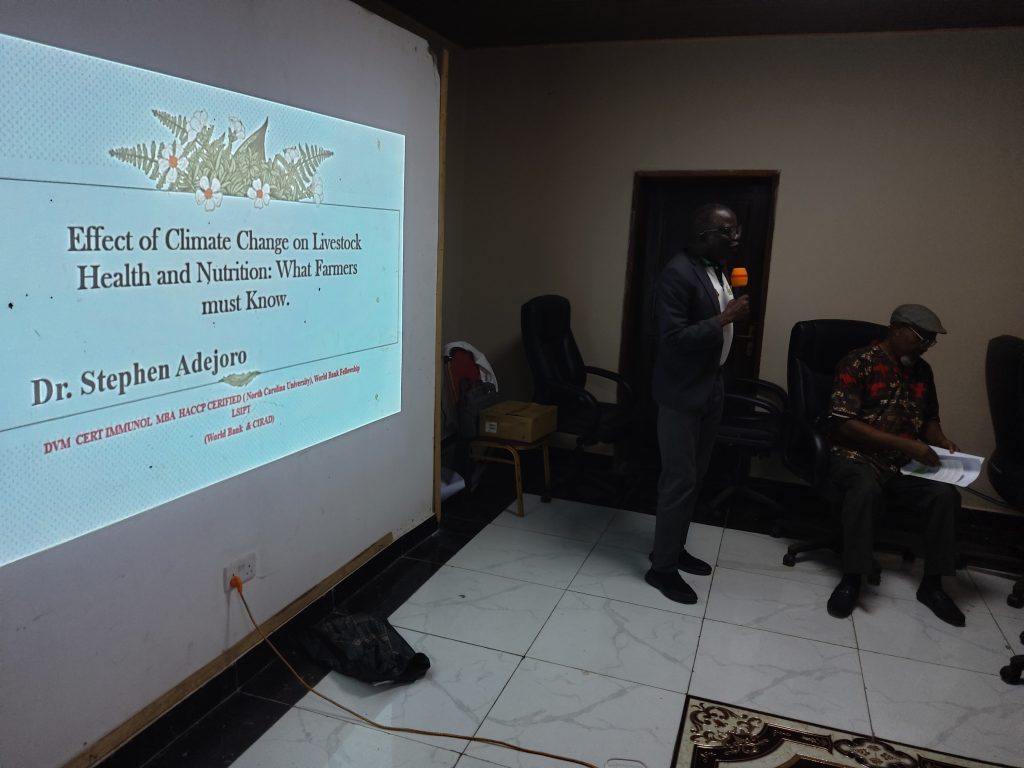
Challenges in Poultry Production:
The narrative seamlessly transitioned to the detrimental effects of rising temperatures on poultry production. Dr. Adejoro outlined the cascade of impacts, including reduced feed intake, diminished weight gain, lower protein/muscle calorie content, and compromised reproductive efficiency. The lecture didn’t just stop at identifying the problems but offered actionable strategies for mitigating heat stress. These included maintaining cool bird houses, planting shade-providing trees, offering cool drinking water, and adjusting diet compositions.
Mycotoxins and Vaccination Failures:
A significant portion of the lecture was dedicated to exploring the emergence of mycotoxins as a consequence of climate change. Dr. Adejoro defined mycotoxins as toxic compounds naturally produced by molds, underscoring their presence in cereals and their detrimental impact on poultry health and immune function. The lecture also delved into the concerning rise in vaccination failures in poultry farms due to the consumption of contaminated feed, emphasizing the threats posed to the immune system and the development of resistance.
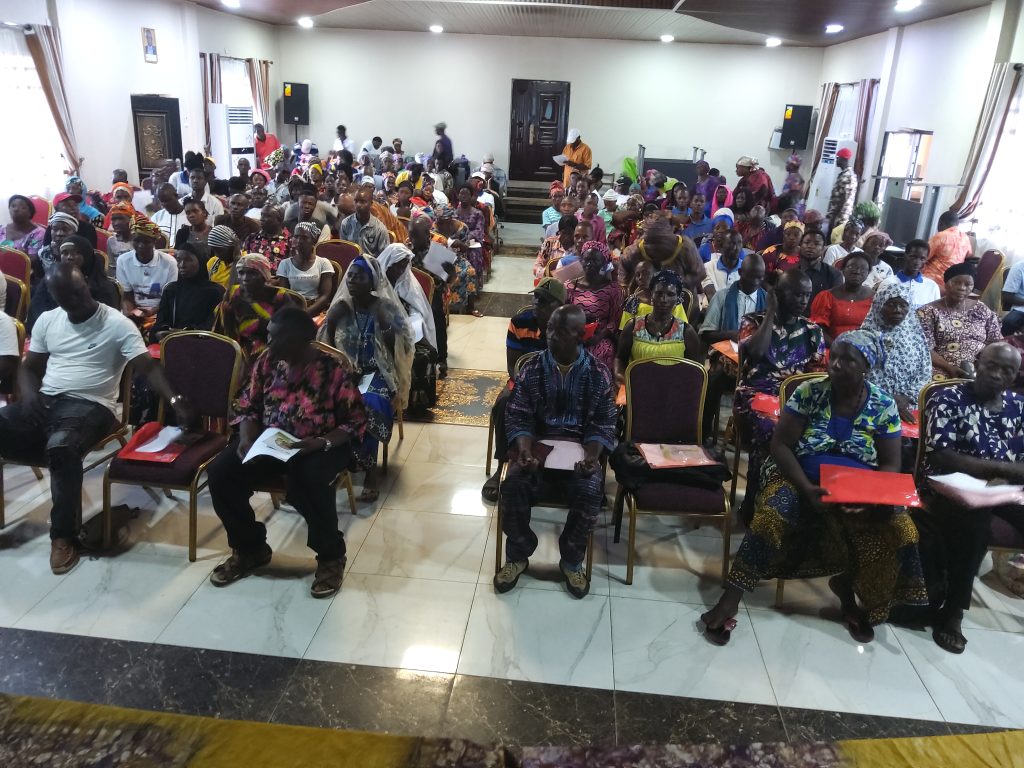
Global Challenges and Interconnected Realities:
Dr. Adejoro concluded the lecture with a powerful reminder of the ubiquitous nature of climate change as a global challenge. He highlighted its progressive effects on poultry production, leading to declining productivity, increased costs, and negative impacts on family-owned poultry businesses. The lecture also drew attention to the gender vulnerabilities associated with climate change in the poultry industry, particularly affecting women with limited diversification options. In a fascinating twist, Dr. Adejoro connected the recent subsidy removal on petrol in Nigeria to the broader global and national effects of climate change on food security, illustrating the intricate dance between economic stability and environmental challenges.
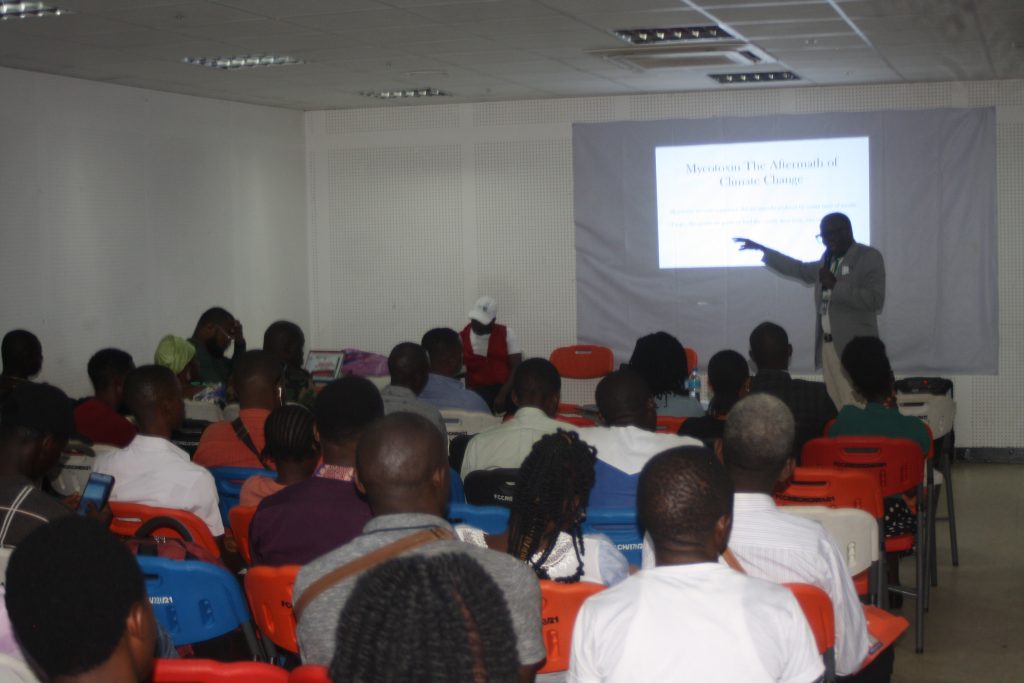
Dr. Stephen Adejoro’s comprehensive lecture not only unveiled the complexities of climate change’s impact on poultry production but also provided a roadmap for mitigation. As the poultry industry grapples with these challenges, it becomes imperative to recognize the interconnected nature of environmental issues, agriculture, and economic stability. The call to action is clear sustainable practices and strategic interventions are crucial in safeguarding the future of poultry farming amidst the evolving landscape of climate change.
Overview of the Poultry Industry, Current Situation, Challenges of the Poultry Industry and the Way Forward
Dr. Amara Leno
In a thought-provoking lecture led by Dr. Amara Leno, the intricate dynamics of the poultry industry in West Africa came under scrutiny. Offering a sweeping panorama of the current state of affairs, the lecture addressed the burgeoning demand for livestock products, particularly poultry, in the region. Dr. Leno meticulously examined the multifaceted impacts of trade liberalization on poultry markets, shedding light on the varying degrees of influence experienced by different countries.
Challenges and Complexities:
The West African poultry sector, as revealed in the lecture, grapples with a host of challenges that impede its full potential. High production costs, safety concerns rooted in insufficient sanitary controls, and technical constraints in processing and marketing were among the key issues dissected. Dr. Leno underscored a critical challenge the absence of an integrated and automated industrial poultry sector in Africa, contributing to elevated production costs. Farmers face additional hurdles such as unreliable access to essential inputs like chicks and feed, coupled with steep veterinary service costs. Global anxieties surrounding product safety further constrict African livestock markets.
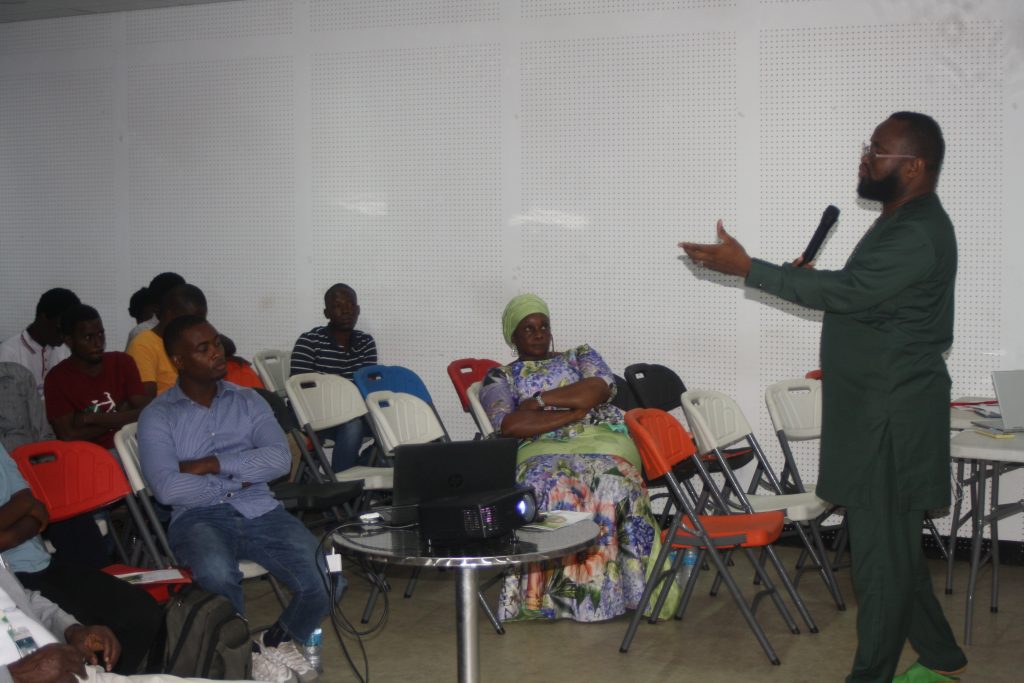
Focus on Sierra Leone:
Zooming in on Sierra Leone, Dr. Leno presented compelling data revealing a low contribution of poultry and eggs to daily caloric intake compared to other livestock products. The lecture brought attention to the concentrated presence of commercial poultry enterprises, primarily situated in the Western area. While these operations supply only a modest ten percent of total poultry within Freetown, their contribution expands to an impressive 30 percent of overall poultry production. Specific challenges faced by Sierra Leone’s poultry industry were elucidated, spanning from the absence of a national policy to shifts in the global energy structure affecting feed sources.
Strategic Proposals:
Dr. Leno didn’t just stop at identifying challenges; the lecture paved the way for strategic solutions to revitalize the West African poultry sector. The proposed measures included central planning and collaboration, the formulation of a robust advocacy policy, forging connections with the Ministry for Poultry Crop Production, and a heightened budget allocation for agriculture, particularly in livestock. Emphasizing the pivotal role of large-scale funding, the commercialization of production, and the establishment of a national poultry development law, the lecture outlined a comprehensive roadmap to guide and regulate the industry effectively.
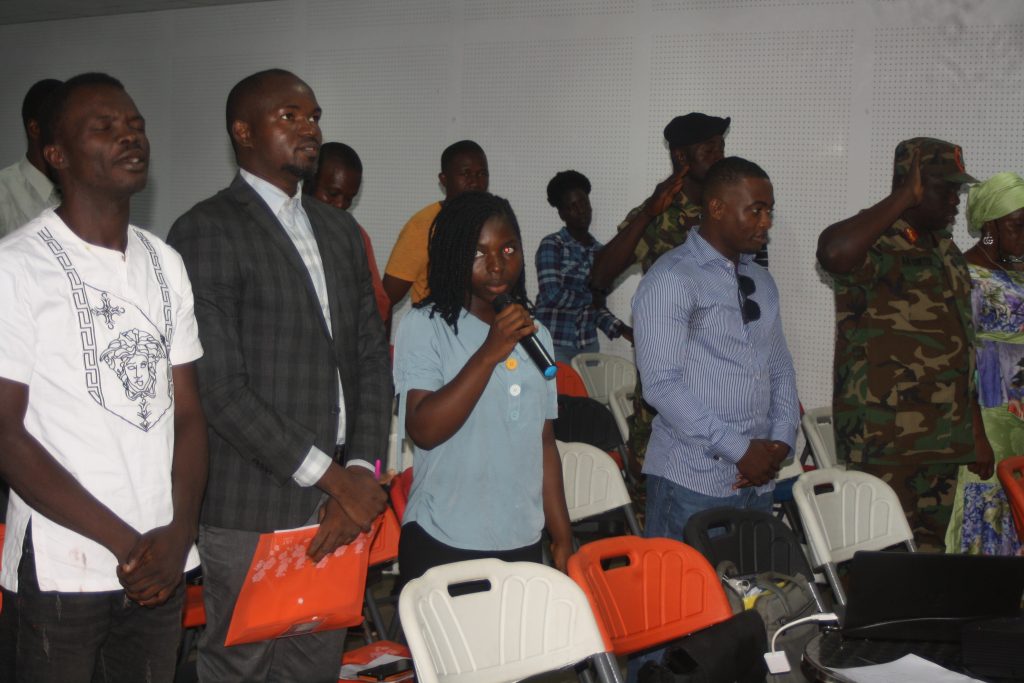
Dr. Amara Leno’s insightful lecture not only dissected the complexities and challenges of the West African poultry industry but also provided a roadmap for rejuvenation. As stakeholders ponder over the strategic proposals laid out, it becomes evident that a collaborative and well-coordinated effort is imperative for the industry’s sustainable growth. With a call to action resonating through the lecture, the spotlight is now on implementing these strategic measures to unlock the full potential of the poultry sector in West Africa.
Focus Group Discussion
The focus group discussion that brought together the voices of Sierra Leonean farmers, a tapestry of challenges emerged, painting a vivid picture of the hurdles faced by those working the land. From agricultural constraints to financial struggles, the participants delved into critical issues affecting their livelihoods. In wrapping up the discussion, the voices from the fields painted a nuanced picture of the challenges faced by farmers in Sierra Leone. From agriculture-specific hurdles to broader concerns about financial empowerment, veterinary care, environmental sustainability, and the need for enhanced training facilities, these insights underscore the imperative of collaborative efforts to pave the way for sustainable agricultural development in the region. The journey towards overcoming these challenges begins with a collective commitment to fostering positive change and resilience within Sierra Leone’s vibrant farming community.
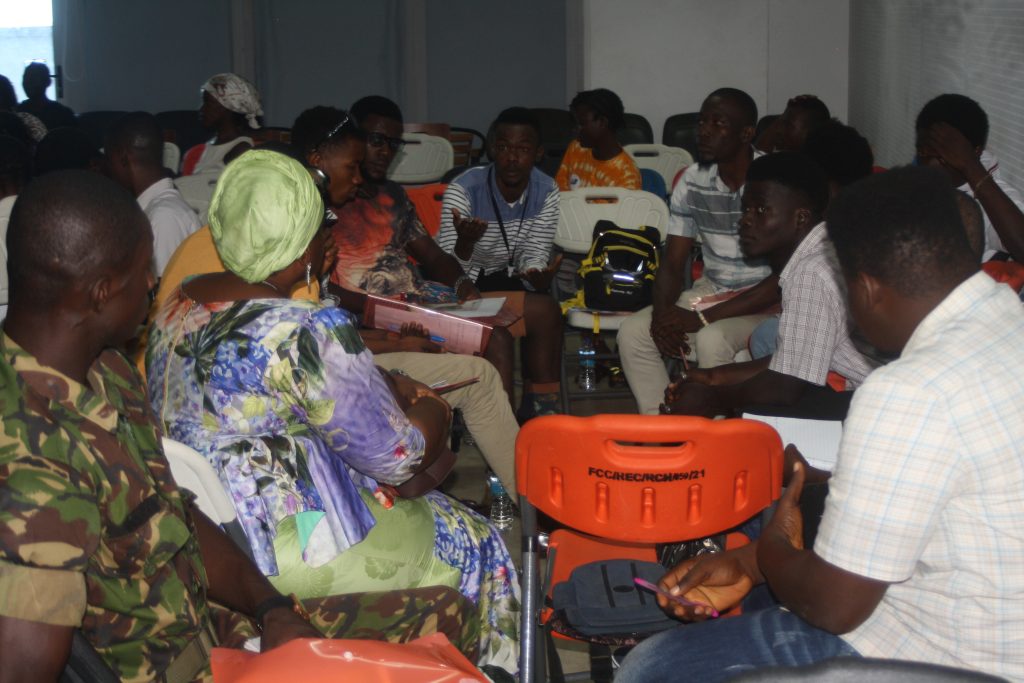
The resounding participant satisfaction, coupled with the constructive feedback received, paints a picture of success and growth. This journey of learning and improvement is a collaborative one, and we are grateful to all participants for their active involvement and commitment to excellence. With these insights in hand, we look forward to the continued evolution of our training programs, knowing that the positive impact on participants’ learning experiences is the true measure of our success.
